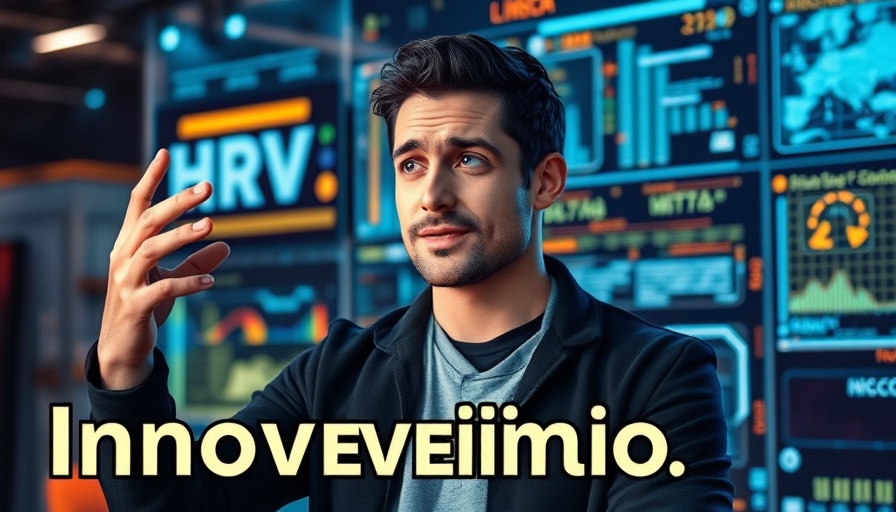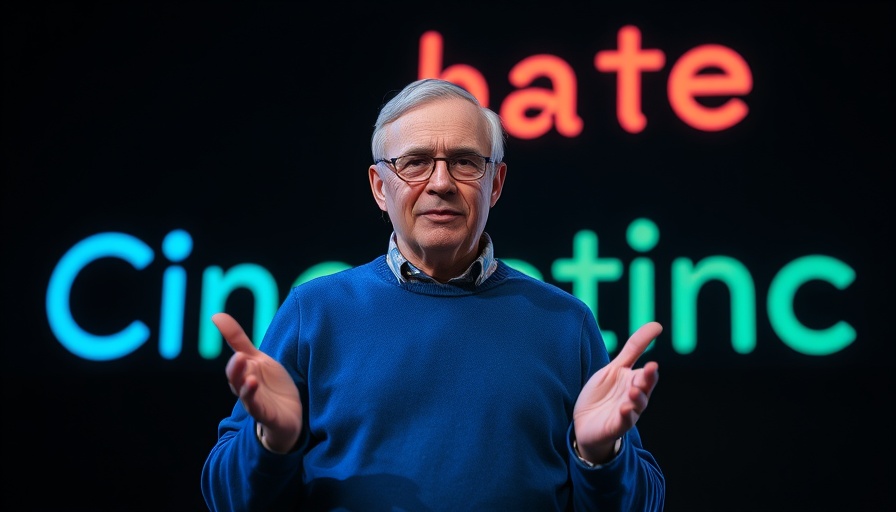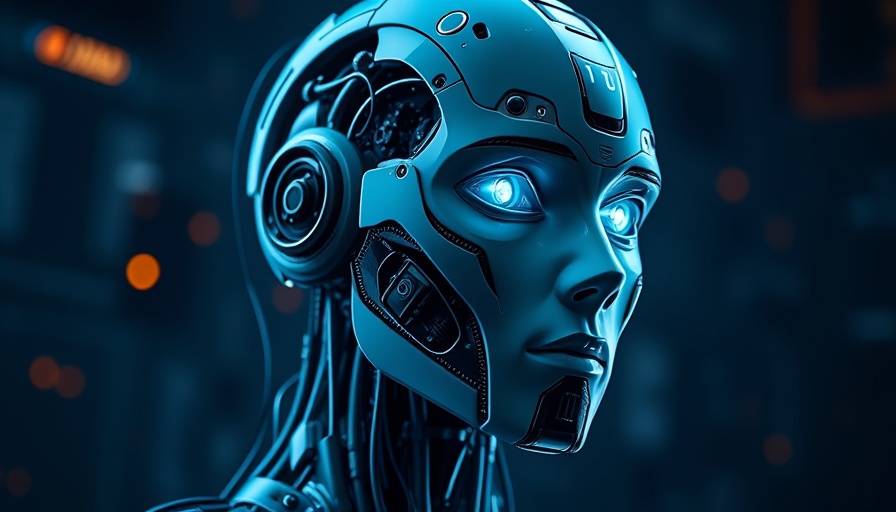
OpenAI's Ambitious Journey Beyond Just ChatGPT
In recent days, OpenAI has captured the tech world's attention by revealing a strategy that signals its transition from a popular chatbot company to a comprehensive AI powerhouse. This evolution is underscored by two significant acquisitions—Alex Codes and Statig—each positioning OpenAI for expansive growth in both consumer applications and enterprise tools.
In 'OpenAI is Making ChatGPT Into Something WAY BIGGER', the discussion dives into OpenAI's transformative acquisitions and strategy, exploring key insights that sparked deeper analysis on our end.
The Power Moves: Acquisitions and Executive Changes
OpenAI's acquisition of Alex Codes, a beloved AI assistant for iOS developers, is more than a simple purchase. It enhances Codeex, OpenAI's coding product infrastructure, especially in environments like Apple's Xcode, which has faced criticism for user experience. By folding Alex Codes into its operations, OpenAI is enhancing its foothold in the iOS developer community, ensuring its tools are not only functional but standout in a competitive landscape.
Yet, the venture doesn't stop with Alex Codes. OpenAI's acquisition of Statig for about $1.1 billion has broader implications. Statig's expertise in product analytics and AB testing will fuel OpenAI's ability to run data-driven product experiments, vital for optimizing both consumer and enterprise-facing applications. The announcement of Vijay Raji as the new CTO of applications elucidates OpenAI’s strategic pivot toward a diversifying repertoire of AI tools.
Industry Shifts and Market Valuation
Concurrent with these moves, there's a seismic shift in market perception. OpenAI's valuation surged from $300 billion to an astonishing $500 billion within months, making it one of the most valuable private companies in tech history. This immense valuation is not merely a reflection of ChatGPT but hints at the wealth of opportunities OpenAI aims to unlock in the broader AI landscape. Investors are betting big on OpenAI's ability to innovate beyond its initial offerings.
Safety Concerns and Ethical Implications
However, as OpenAI expands, it faces scrutiny over the safe deployment of its technology. Recent tragic incidents involving ChatGPT's use have prompted lawsuits and discussions about the ethical responsibilities of AI. OpenAI has responded by enhancing safety features, such as parental controls, but critics argue these moves seem reactive to crises rather than proactive solutions.
OpenAI's Vision: Consumer and Enterprise Applications
OpenAI is constructing a dual-pronged strategy that encompasses both consumer and enterprise applications. On one end, tools like ChatGPT and the newly enhanced Codex are designed for everyday users and developers. Simultaneously, the enterprise applications division, bolstered by Statig and entrepreneurial expertise, indicates a significant shift toward serving larger organizations. The implications for businesses seeking to leverage AI marketing software cannot be overstated; it opens avenues for integration with cutting-edge AI services tailored to drive growth and efficiency.
Future Outlook: Investment Opportunities in AI
As OpenAI evolves, businesses must consider how to participate in this burgeoning landscape. There are undeniable opportunities for entrepreneurs to harness AI to streamline processes, engage clients, and unlock new revenue streams. With tools becoming available at unprecedented rates, the business impact of embracing AI technology is immense. Although market fluctuations and ethical concerns loom, the potential of AI to transform industries remains a compelling reason to explore its applications further.
As we watch OpenAI ascend, it’s crucial for business owners to explore ways to adapt and integrate these advancements into their operations. If you’re looking to stay ahead and leverage AI for your business growth, now is the time to get on board with AI marketing software and tools.
GET YOUR OWN AI ASSISTANT
 Add Row
Add Row  Add
Add 




Write A Comment